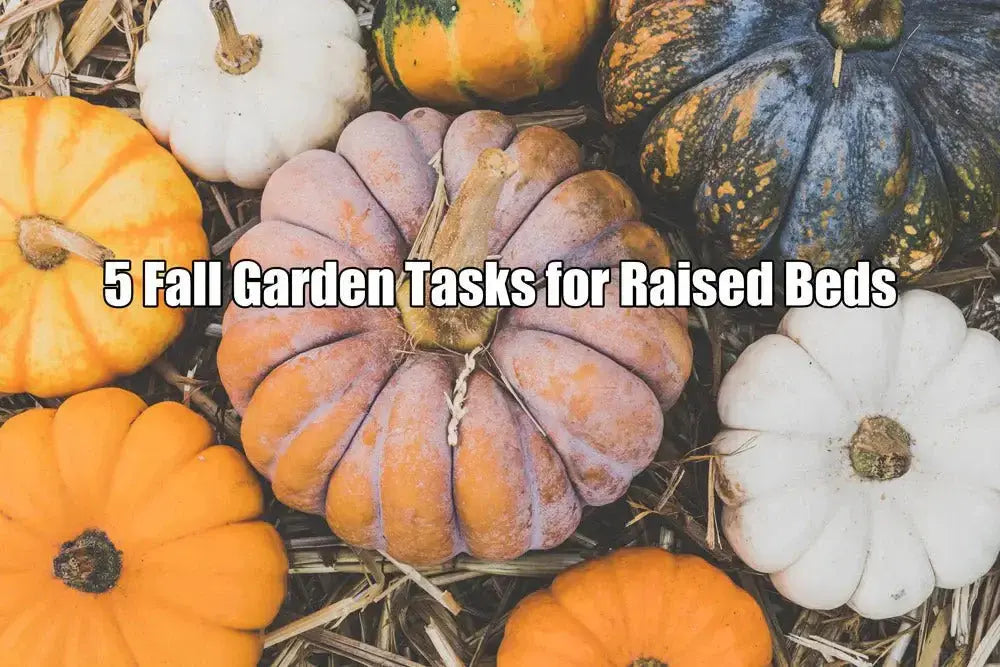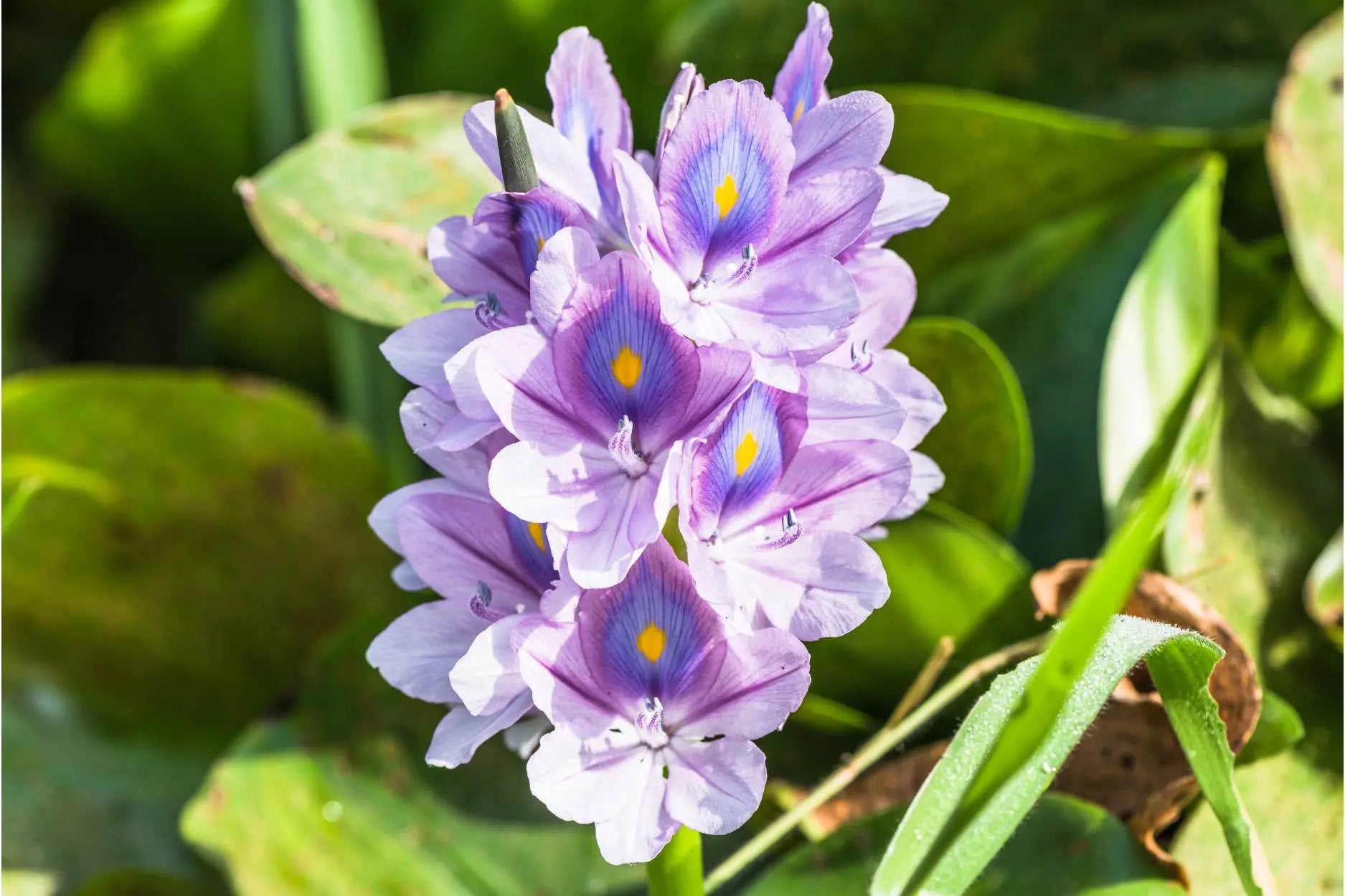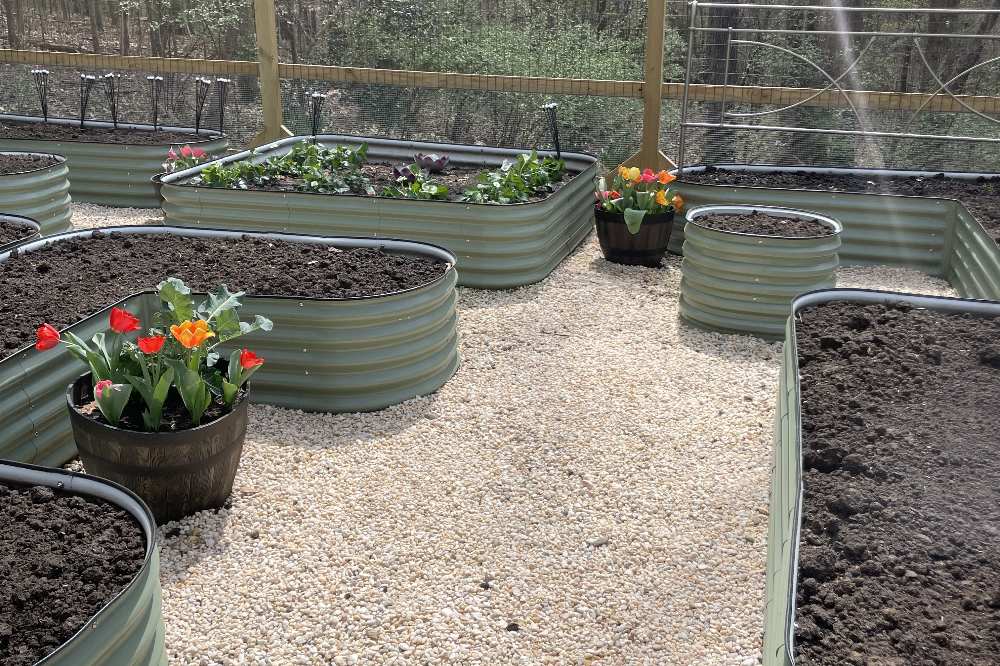Guide on Rice Water for Plants
Gardeners are so creative that they often come up with new and innovative ways to help their plants get the proper nutrition and grow better. The good news is there are products in our kitchen that can be highly beneficial for our plants, like rice water, coffee grounds, egg shells, etc.
Speaking of, it has been observed that rice water is one of the most beneficial natural fertilizers that can easily be made at home. Having said that, even if you don't know how to compost, this affordable fertilizer is relatively easy and handy as compared to chemical fertilizers. So follow our guide to learn more about rice water for plants and how to use it to enhance plant growth.
How to Make Rice Water for Plants?

There are several ways of making rice water for plants, including soaking, boiling, and fermentation. Depending on how you do it, you get different results. For example- by soaking the rice, you get lactic acid bacteria, enzymes, and starch, while boiling results in more nutrients, but heat often degrades the other part. Below are the three main ways to teach you how to create your rice water for plants. All these techniques offer unique benefits and boost the plant's growth.
Boiling rice water
Boiled water releases more starch and nutrients into the water, giving you a lot of benefits. All you need to do is follow simple steps:
- Measure the amount of unsalted rice you would like to use and add it to the cooking pot.
- Pour more water than usual and stir the rice well.
- Boil it on medium heat for up to 45 minutes, depending on the type of rice you are using.
- The next step is to strain the rice. You should strain the liquid from the rice grain using a fine mesh sieve. Save it in a jar and allow it to cool completely.
- Once water has cooled down, you can use it on your plants.
Boiling rice water offers numerous benefits for plants, including nutrient enrichment, improved water absorption, and serving as a natural growth stimulant.
When rice is soaked in water, it releases essential nutrients such as carbohydrates, proteins, and B vitamins into the water. This soaking process also softens the grains, rendering them more digestible. Additionally, rice water contains a diverse array of growth-promoting compounds like amino acids, enzymes, and vitamins, which play pivotal roles in stimulating plant growth and fostering robust development.
Soaking
This is one of the easiest methods for producing nutrient-rich rice water for plants on garden beds. To use this method, apply the following:
- Measure the quantity of uncooked rice in a bowl and pour warm water.
- Stir the rice and water well for 2 minutes and let the mixture soak for 30 to 45 minutes.
- After it has soaked, stir your rice and then strain the liquid in a bowl.
- The resulting liquid is the rice water that can be used directly on the plants.
Soaking rice water before applying it to plants offers numerous benefits, including nutrient enrichment, improved water absorption, and acting as a natural growth stimulant.
During soaking, rice releases nutrients like carbohydrates, proteins, and B vitamins into the water, softening the grains and enhancing digestibility. Similarly, when applied to plants, rice water aids in improving soil water retention and facilitating better water absorption by plant roots. This is attributed to its diverse array of growth-promoting compounds, such as amino acids, enzymes, and vitamins, which stimulate plant growth and development.
Fermented Rice Water
This method takes longer than the others but contains a higher level of lactic acid bacteria. It makes plants more resistant to diseases and prevents mildew on them. To prepare fermented rice water for plants, follow these steps:
- Make rice water using a soaking method and then pour the rice water into the cleaning jar, filling the container to about three-quarters.
- Add one teaspoon of sugar and four tablespoons of milk. You can use cow or goat milk and stir the mixture well.
- After blending the rice water, cover the jar loosely with a lid and allow the mixture to ferment for up to 3 to 4 days at room temperature, away from sunlight.
- After a few days, the liquid should be translucent and have a sour smell. You can now pour it into a can and apply it to the plants when needed.
Soaking and fermenting rice water for plants enriches it with nutrients, aids water absorption, and stimulates growth. Soaking rice in water releases nutrients like carbohydrates, proteins, and B vitamins, making it more digestible and enhancing plant root absorption.
When applied, rice water improves soil water retention and root water absorption. Fermentation boosts nutrient availability, soil microbial activity, and soil structure. It breaks down complex compounds into forms readily absorbed by roots, enriching the water with essential nutrients. Additionally, it fosters beneficial microorganisms, enhancing soil health and fertility, while organic acids and enzymes further improve soil structure and plant growth.
How Often to Use Rice Water for Plants
- Plant Type: Generally, leafy greens and fast-growing vegetables may benefit from more frequent applications of rice water, while slow-growing plants like trees and shrubs may require less frequent applications.
- Growth Stage: Young plants and seedlings may benefit from more frequent applications of rice water to support rapid growth and establishment. Once plants are established, you can reduce the frequency of application.
- Soil Fertility: In nutrient-poor soils, plants may benefit from more frequent applications to supplement some nutrients. Conversely, in fertile soils, less frequent applications may be sufficient to maintain plant health.
In general, it's recommended to start with a diluted solution of rice water and gradually increase the frequency based on plant response. As a starting point, you can apply rice water every 1-2 weeks during the growing season for most plants, adjusting as needed based on plant type, growth stage, and environmental conditions.
Is Rice Water Good for Plants?

Yes, the rice water is good for various plants in your garden. Many gardeners, especially sustainable ones, have been turning their attention to this natural fertilizer as it provides incredible results in the garden. The benefits of rice water for plants on raised garden bed are:
- Nutrient-rich leaves
- Improved plant growth
- Reduced risk of overfertilization
- Helps good bacteria population in the soil
- Aids in rooting
- Environment-friendly fertilizer source
- Easy to obtain
- Saves on cost
- Organic pest control method
- Increases fruit and crop production
How to Use Rice Water on Plants to Make Your Garden?

Now that you know how to make it, it's time to understand how to use rice water on plants.
Misting
It is one of the most convenient application methods of rice water to plants. All you need to do is take a hand spray and mist your houseplants daily. Dissolved nutrients can be directly absorbed through the foliage, a suitable procedure for plants that can absorb water and nutrients in their leaves and aerial roots.
Bottom Watering
If you have smaller plants or succulents, a regular dose of rice water is great when applied at the bottom. Once the pot seems slightly dry, simply dip the container in a bucket filled with the mixture. Bubbles will stop forming when you submerge the pot entirely with water, while the half-filled container will have less liquid after the medium has sponged the required amount it needs.
Drenching
It is also known as the top watering method, where you can water the plants over the soil with rice water. You can simply pour the amount you want until you see excess water running through the holes. This way, water gets evenly distributed to the root system. However, ensure there’s no water on the bottom lid of the container. If the roots are constantly wet, they can easily rot, leading the plant to its premature death.
Conclusion
Rice water for plants is very beneficial as it adds required valuable minerals and nutrients to the soil. As you know, it helps increase bacterial growth, which, in turn, helps break down organic compounds, making nutrients easily available for the plants' usage. You can even use rice water as a pesticide to ward off pests in the garden, including small flies, flea beetles, and more. The overall result you will obtain is healthy growth and increased production of fruits and crops. We hope you find our article helpful and be able to utilize the methods we have listed in your garden.



Can you use fermented rice water in the fall to enhance the garden soil ?